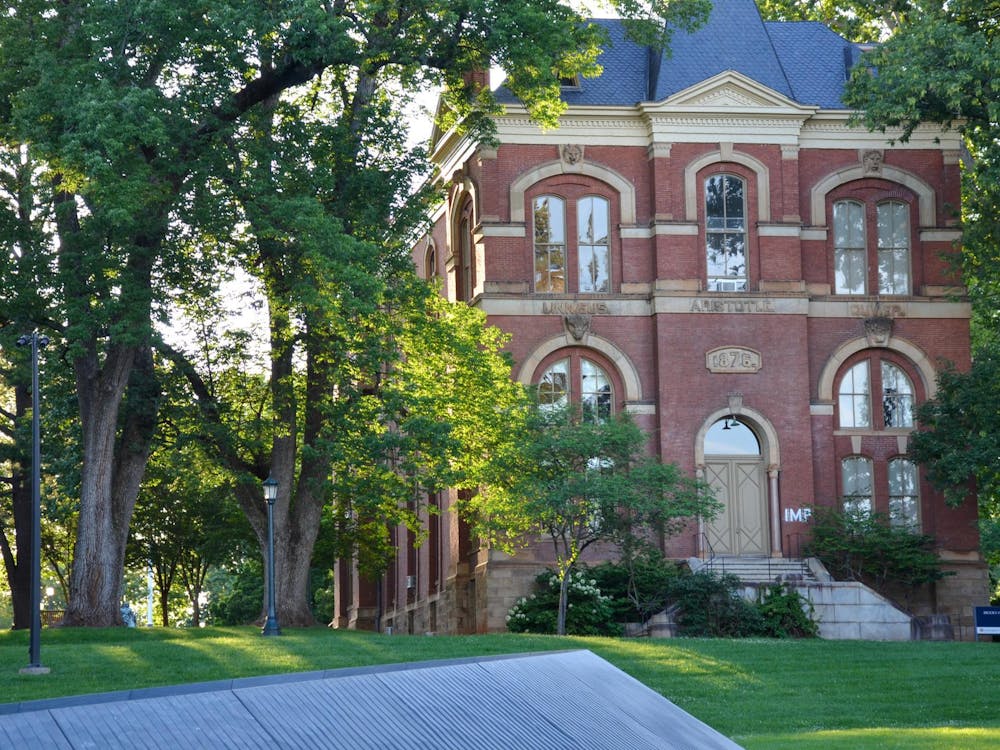An old boarded-up Albemarle County house was slated for demolition but saved just in time to rescue boxes of original documents that detail daily life for turn-of-the-century blacks in Albemarle county.
The documents, which consist of more than 250 letters, postcards, photographs and educational materials, are an excellent source of information about American black culture during the late 1800s and early 1900s.
The artifacts, found in the attic of the old house in Esmont, are the family papers of Benjamin Franklin Yancey, one of the first black educators in central Virginia and founder of the Esmont School for Colored Children, located about 20 miles from the all-white University.
Included among the documents are numerous pieces of correspondence in which black students talk about their professors, courses, friends, ministers and daily life.
"Dear Mr. Yancey," reads one letter released by University Relations, "Do you have many scholars this year? ... I thank you for all the instruction you have given me. I will never forget you and your family. Rosa Bell Simpson."
Simpson wrote to Yancey in 1910 as a student at Virginia Normal Institute - now the historically black college, Virginia State University in Norfolk.
Yancey came to southern Albemarle County in the 1890s and founded the Esmont School for Colored Children. The current elementary school in Esmont is named for Yancey.
When the artifacts were discovered they were brought to the Yancey School, and Principal S. Mack Tate contacted University archivists.
The documents currently are being organized in Special Collections and will be displayed on the University's "Race and Place: An African-American Community in the Jim Crow South" Web project.
"The collection is extremely valuable because of its size and the diversity of its items," said William Thomas, director of the Virginia Center for Digital History.
Edward Gaynor, associate director of special collections at Alderman Library, said the papers reinforce the issues of segregation and substantiate assertions that educational opportunities for blacks during times of segregation were "much more limited."
Thomas said he was particularly pleased with the interaction of the community and the University in creating this collection. "It is nice that the community and the University are able to benefit from each other and work together," he said.






